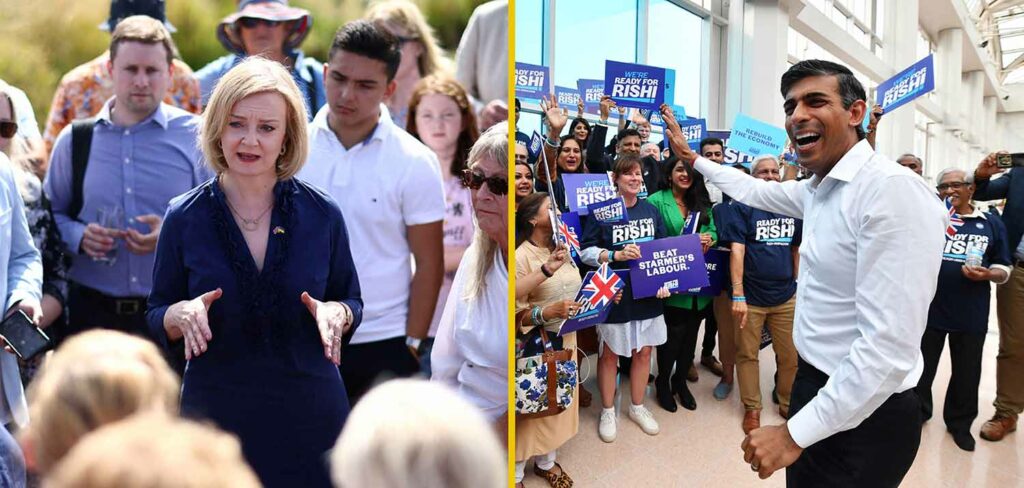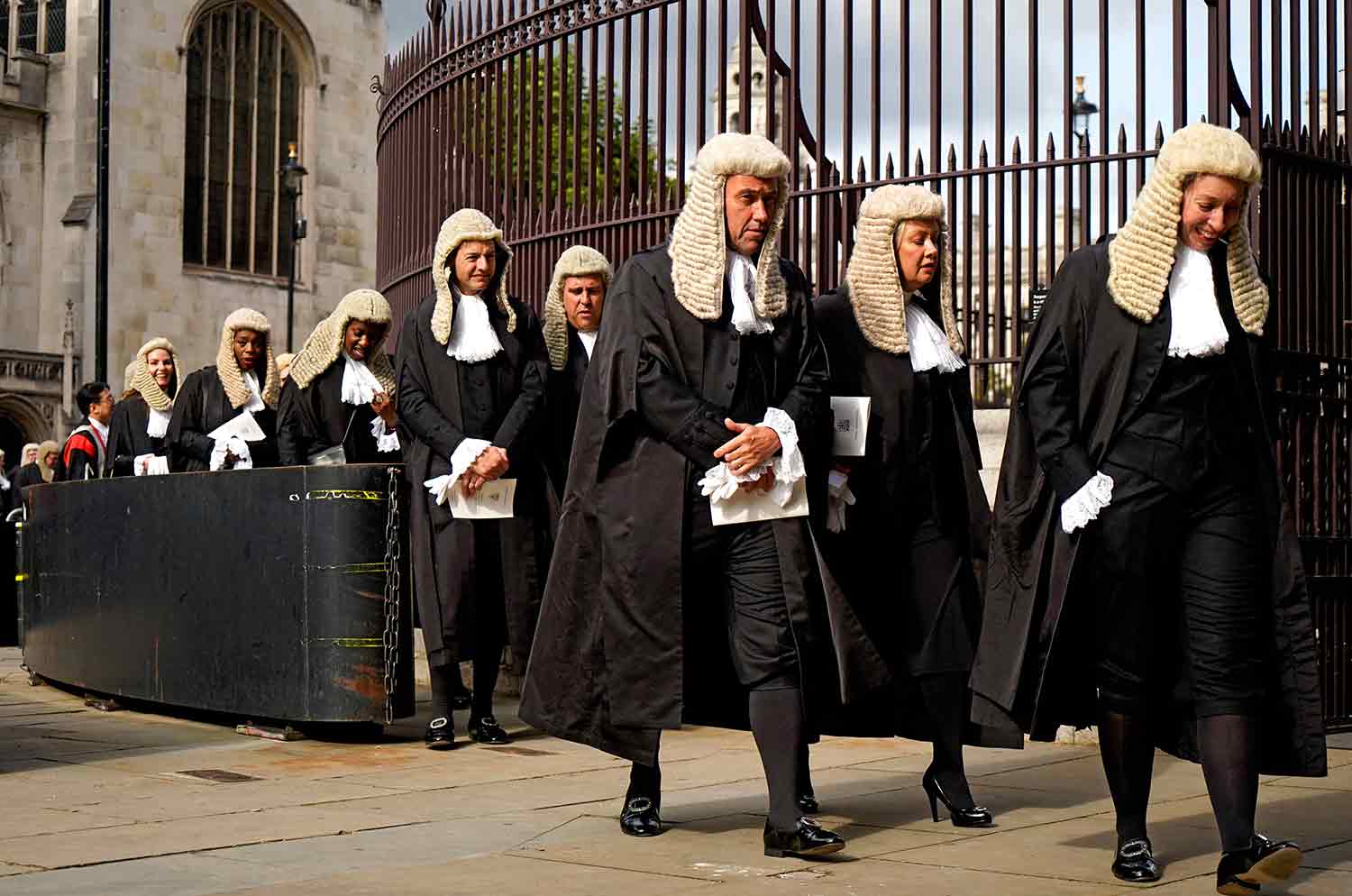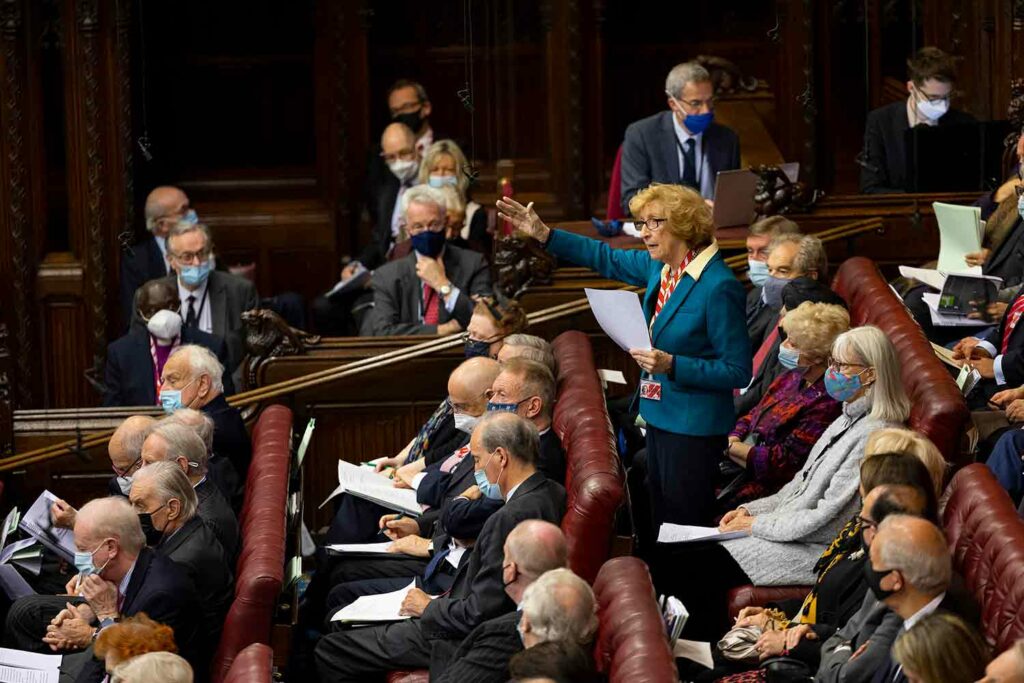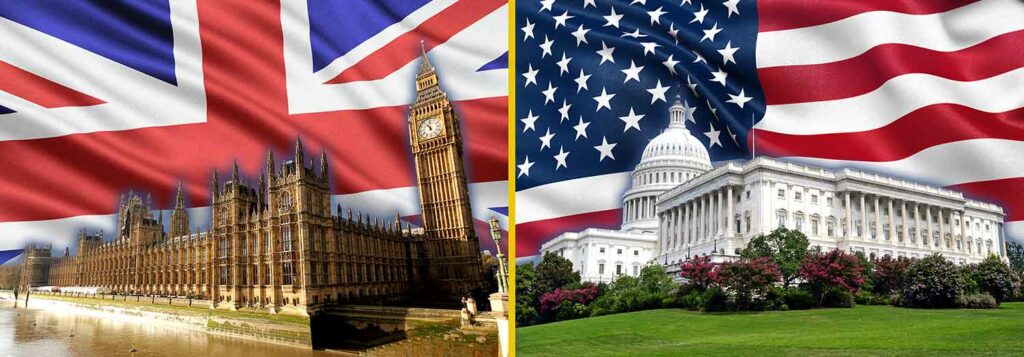In With the New
The prime minister of the United Kingdom resigned after just 45 days in office. Will the new prime minister be successful?

Henry Nicholls—Reuters/Alamy, Anthony Devlin/Getty Images; Photo composite Encyclopædia Britannica, Inc.
Liz Truss (left) has left her post as prime minister of the United Kingdom (U.K.). Rishi Sunak (right) is the nation’s new prime minister.
Britain made history twice in four days. On October 20, British Prime Minister Liz Truss resigned from her position after just 45 days in office, becoming the shortest serving prime minister in the history of the United Kingdom (U.K.). On October 24, Rishi Sunak was chosen as the nation’s new leader. Sunak will be the first person of color to serve as Britain’s prime minister.



